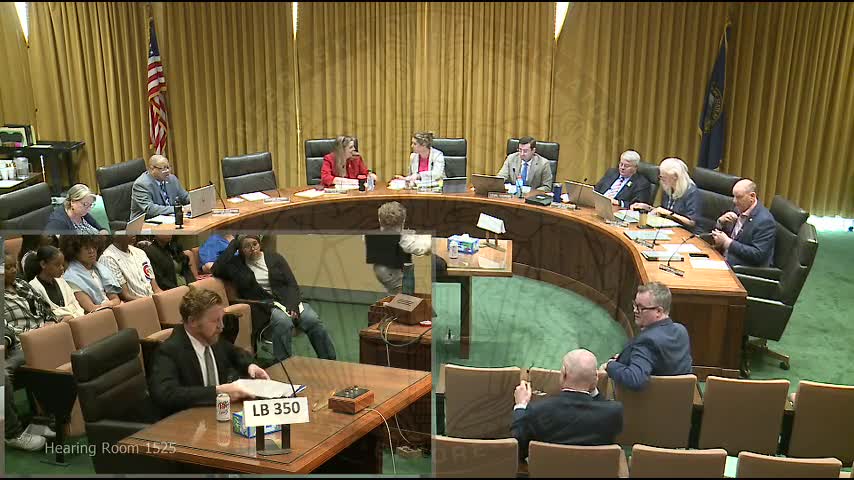Article not found
This article is no longer available. But don't worry—we've gathered other articles that discuss the same topic.
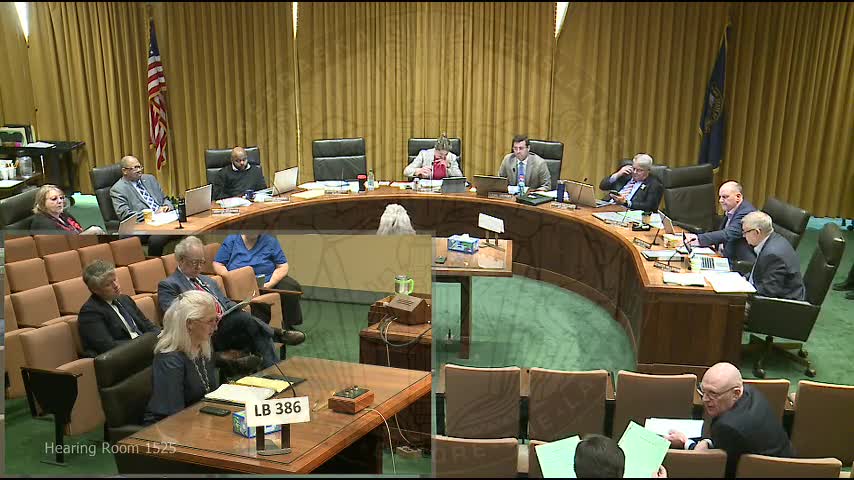
Attorney General and law‑enforcement groups back LB386 pilot; bar groups and defense counsel warn about telehearing safeguards
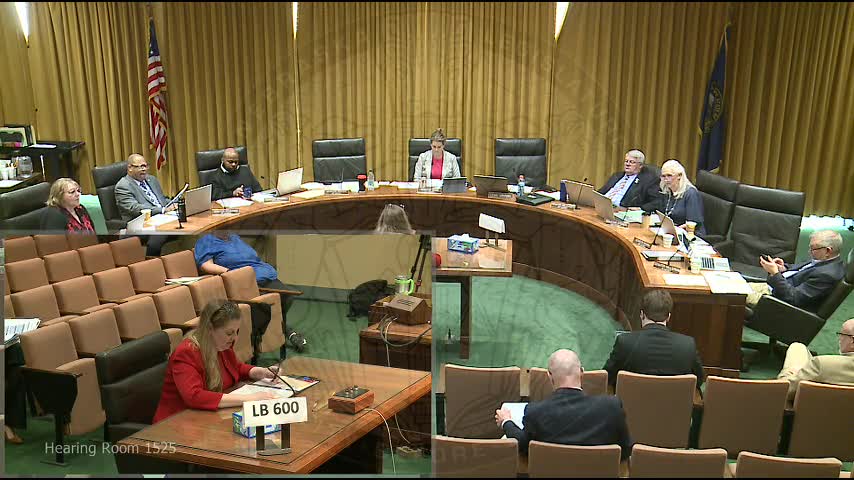
NDOT-backed LB600 would allow work‑zone speed cameras, variable speed limits and expanded move‑over authority
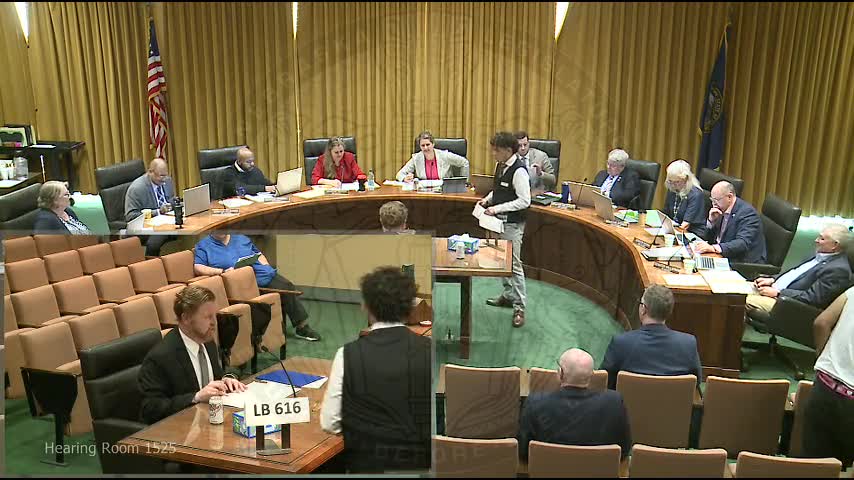
Debate over automated enforcement: LB616 would allow license‑plate readers for red‑light enforcement with civil penalties
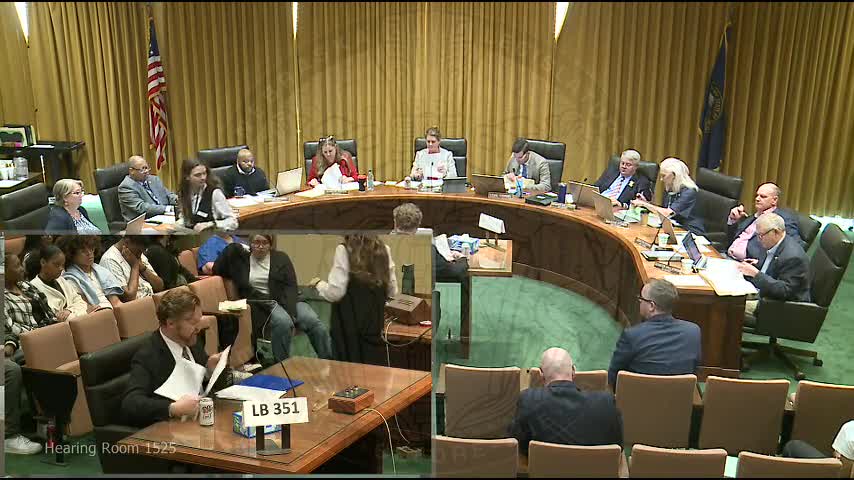
Panel debates LB351: proponents urge flexibility for Lincoln Regional Center; counties say mandated bed percentages improved waits
